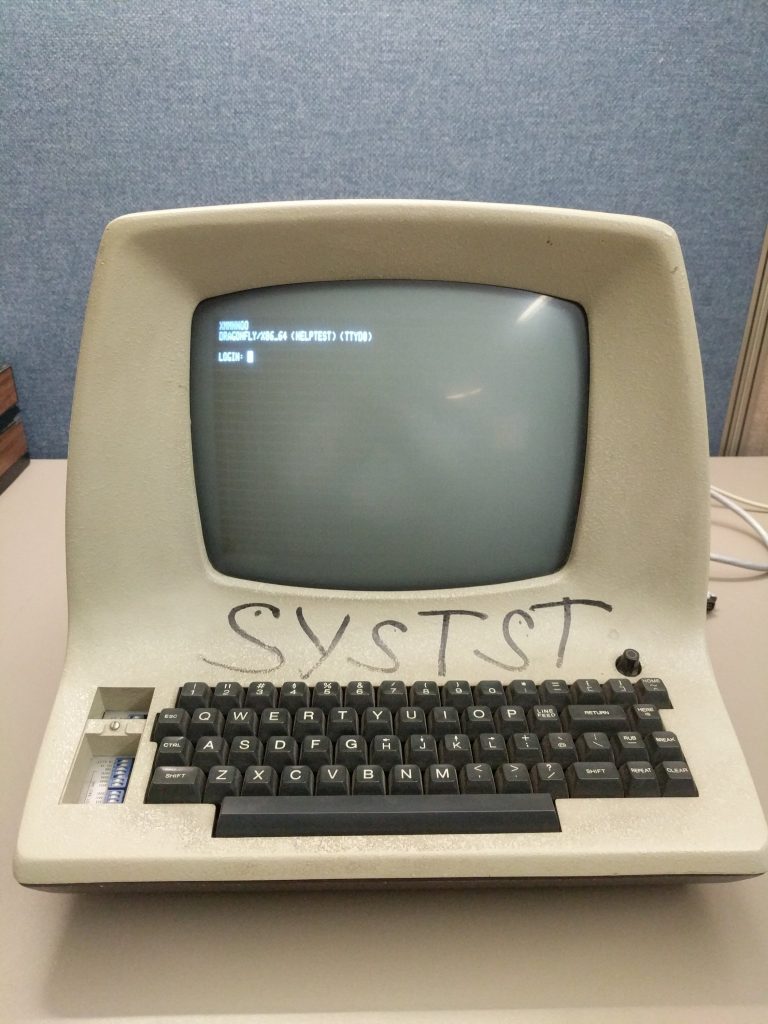The ssh-copy-id utility is now included in DragonFly 5.8 and in -current. Useful for your next machine setup.
This doesn’t really have any effect on you unless you are programming on DragonFly, but it’s interesting to read about a “spinlock trick” Matthew Dillon had implemented recently.
Aaron LI’s updated the development(7) man page to account for new steps in vendor import.
Aaron LI managed to graft FreeBSD code history onto the DragonFly BSD git repository, and he’s documented how he did it. So, you can follow DragonFly code all the way back to 2003, and then FreeBSD code all the way back to… I’m not sure how far back it goes, but it’s in his merged copy.
Flame graphs are a way to see what code paths are most used in a stack trace. DragonFly now has a flame_graph utility.
Jails on DragonFly can now route to loopback addresses (i.e. 127.0.0.1). Because of this, they can work like shared IPs and the jail can connect to the host.
I think this means that you no longer have to bind jail services to specific IPs as you did previously. Don’t quote me on that; I’ve run few jails in my life.
Update: I should have linked this too: the sysctl jail.defaults.allow_listen_override that makes it easier in the host system too.
On EFNet #dragonflybsd, Matthew Dillon and ‘mjg’ have been discussing various way to optimize for bulk builds. A recent update from mjg for different memory functions shaved 1.7% off bulk build time – significant, when you are talking tens of thousands of packages.
I didn’t read far enough ahead in my backlog, if that makes sense. i915 has another update, to 20160808.
If you’ve got a pcm audio device – and you probably do – and a headphone jack – ditto – this thread may help you find the right sysctl to enable it on DragonFly.
rcorder-visualize.sh draws the dependencies for rc scripts using dot. Originally in NetBSD, then in FreeBSD, now in DragonFly.
I tagged DragonFly 5.6.3, and built images. You should run 5.8, cause it’s the most recent, but this means there’s an image that captures all the last bugfixes in the 5.6 series. You can see them in the tag message if you are curious.
I moved the 4.x ISO/IMG release files for DragonFly out to an existing “older” directory. If you’re looking for a old release image, it’s available via the web.
Note that it’ll be a few hours until this change filters through to the mirrored directories. The 4.x images are all older than 2 years, so this is of most benefit to mirror sites.

If you follow the upgrade instructions in my 5.8 update post, there is one ‘gotcha’. If your copy of /usr/src was downloaded using “make src-create-shallow”, you will not have any git history – or any branches other than 5.6.
The easy, cheesy way to fix it is to remove /usr/src, then type “make src-create” in /usr, and proceed from there. There’s probably a way to edit in the other branches, but I haven’t tried it yet. I’m counseling the brute force method for now.
DragonFly 5.8.0 has been released. This version brings dsynth, with matching optimizations to fit dsynth running many parallel builds of ports.
My users@ post has the usual details on upgrading, as do the release notes.
Note that you will get some noise in dmesg until you remove opie from where it’s mentioned in /etc/pam.d/ files. It’s cosmetic unless you use opie, and you probably don’t. I mention it because I noticed it. Check /usr/src/UPDATING after pulling in the 5.8 source to see details of this and other changes.
Yes, that is ambiguously phrased for fun. Matthew Dillon committed some benchmarks inside rdrand() code to show the actual performance improvements.
This recent commit changes how random number provision is seeded on DragonFly. It sounds interesting, but I don’t know if the performance improvement translates to real-world activity.
